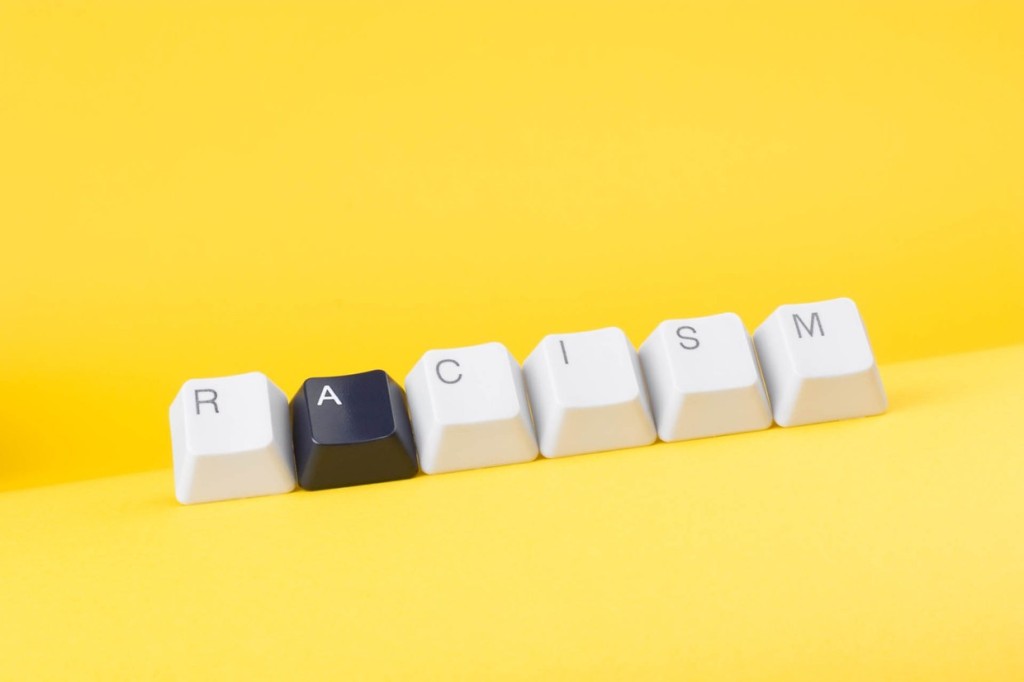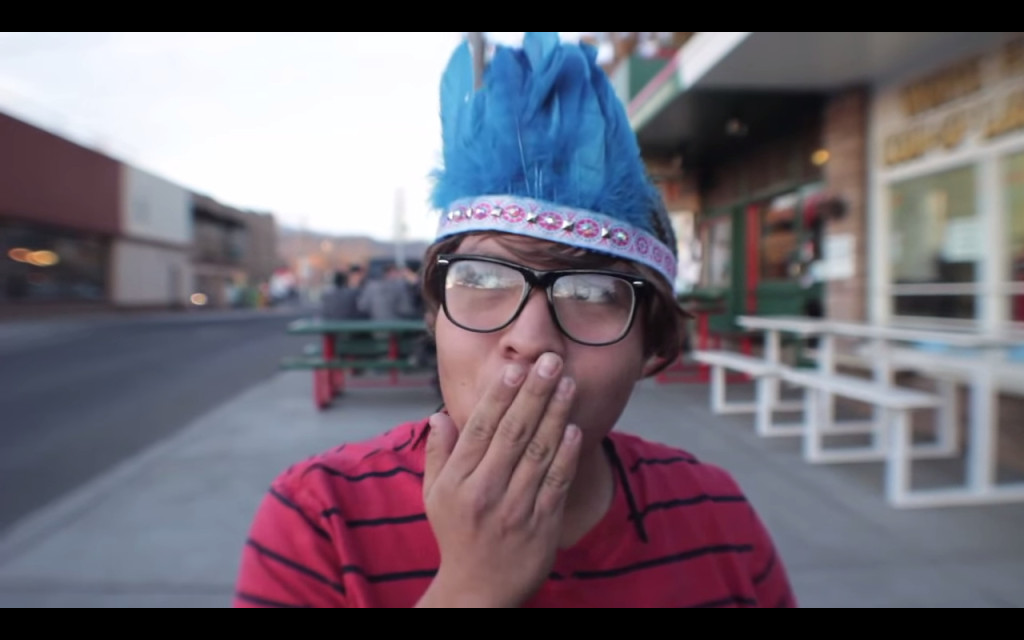Posts Tagged ‘Race & Ethnicity’
5 Examples of Less Publicized Racial Bias That Really Matter
“Why does everything have to be about race?” That question often comes from people with white privilege who aren’t exposed to even a fraction of the racial bias out there. When you can simply choose not to think about it, it’s easy to believe racial bias isn’t there. So here are examples to show the reality of racial bias to anyone doubting its pervasiveness.
Read MoreColorism in the Black Community: Perspectives on Light-Skinned Privilege
We need to talk about colorism in the Black community. Our experiences of race and racism vary by our skin tones, and lighter skin, associated with whiteness, can give us privilege among our own folks. Here are examples of how society dehumanizes deeper shades and complicates our relationships. Read on to learn why we must address colorism to move forward and heal.
Read More5 Reasons White People Don’t Have to Hate People of Color to Be Racist
We all know the ways well-meaning white people aren’t intentionally racist, and we get it – it’s tough to feel like part of the problem. But everyone should know these ways that even the most “well-intended” white person can participate in and benefit from racism. Learn what to do after acknowledging your privilege (hint: don’t hate yourself, just be accountable).
Read MoreMore Than a Theory, More Than a Trend: Making Your White Anti-Racism a Lifestyle Commitment
If your white anti-racism allyship is more about talking the talk than walking the walk, then people of color need you to reevaluate and come back when your anti-racism is a lifestyle commitment. Learn how.
Read MoreSh*t People Say to Native People
“What kind of Indian are you?” “Do you live in teepees?” “If I had an Indian name, it would be Tail Feather, because I can shake it!” This satirical video captures the unfortunate truth of what too many people say to Native people, and the result is hilarious. Watch now to learn common stereotypical beliefs that come with conversations about Native culture.
Read More






